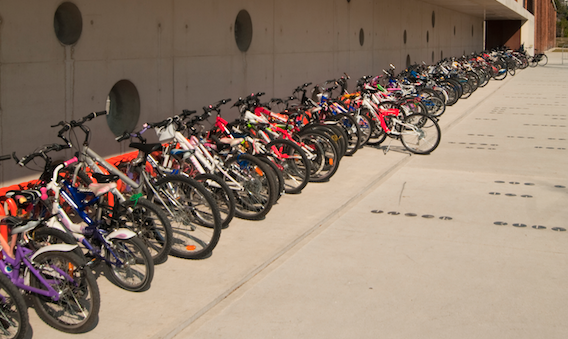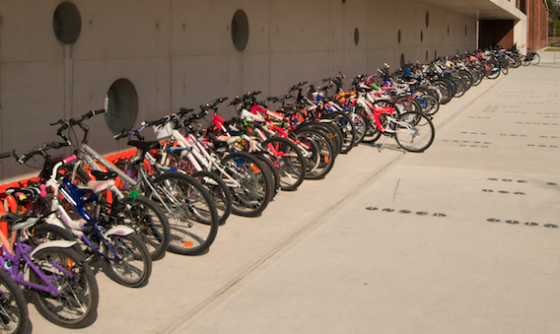Schools should stop streaming children at 12, campaigners say


School organisations, the CNV teaching union and school pupils’ lobby group Laks say secondary school pupils should not be streamed into different types of education until their third year, when they are around the age of 15.
In the main, Dutch pupils are divided into pre-university (vwo), pre-college (havo) and vocational training (vmbo) streams at the age of 12, in their final year of primary school.
But the two secondary school councils VO-raad and MBO-raad, and the union, say this is too soon, and is promoting unnecessary stress and inequality.
The organisations would like to see secondary school pupils taught in mixed ability classes for the first three years before being streamed according to academic ability.
‘Far too much is being asked of children at a young age,’ Laks spokesman Pieter Lossie told the paper. ‘This is leading to an increase in stress and burn-outs, and teachers too are being affected.’
One problem with introducing more mixed ability teaching is that an increasing number of Dutch schools only offer one type of education. The proportion of mixed ability first year classes, known as brugklassen or bridge classes in Dutch, has gone down from 70% to 55% over the past 10 years, the education council said last year.
Pupils are placed in a secondary school stream based on their primary school teachers’ opinions and national tests. Some 54% of 12-year-olds currently go to vmbo schools, while 22% are in pre-university streams and 24% in pre-college streams.
School inspectors have also warned of the ‘unacceptable’ inequality in Dutch education because children of well-educated parents are scoring better in final primary school exams than children of equal intelligence from more disadvantaged backgrounds.
For example, well-educated parents are more involved in the choice of school and invest money in tutors, homework classes and training in exam techniques. Their children are also more likely to be labelled dyslexic or as having adhd, which also entitles them to extra teaching time, the inspectors said.
Thank you for donating to DutchNews.nl.
We could not provide the Dutch News service, and keep it free of charge, without the generous support of our readers. Your donations allow us to report on issues you tell us matter, and provide you with a summary of the most important Dutch news each day.
Make a donation